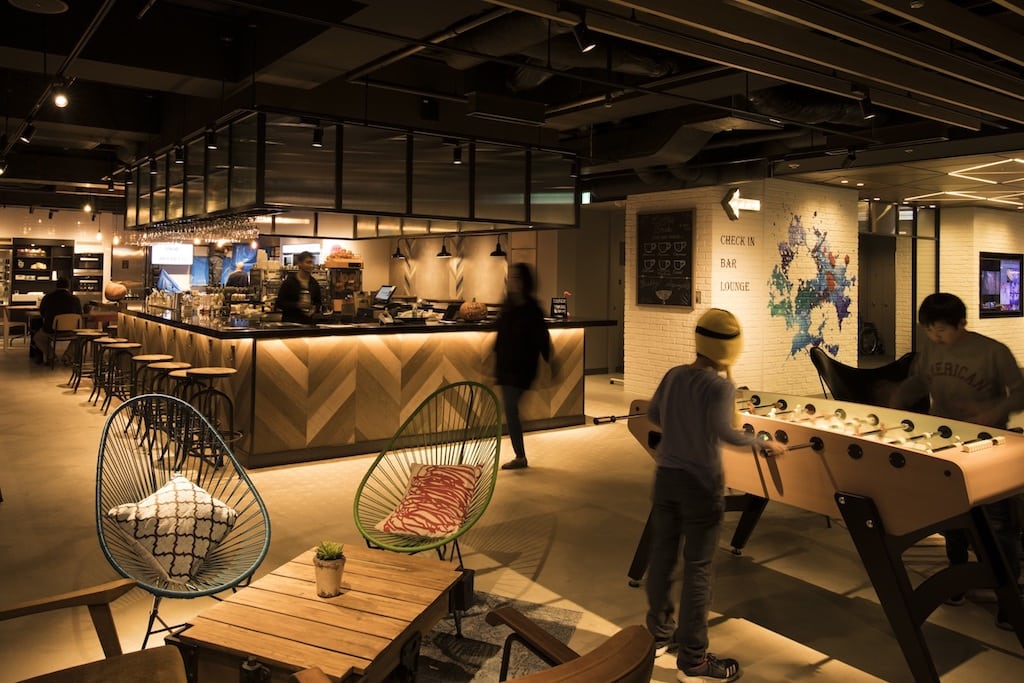Marriott's Plans for Homesharing, Malls, and All-Inclusive Resorts

Skift Take
Marriott is already dabbling in tours and activities, homesharing, and cruising and soon, potentially, all-inclusive resorts. So, what's next? Aviation?
[caption id="attachment_288797" align="alignright" width="400"] Anthony Capuano, Marriott International’s executive vice president and global chief development officer / Source: Marriott International[/caption]
Since Marriott International acquired Starwood Hotels & Resorts for a $13.3 billion in 2016, the company — now considered to be the world's largest hotel company — has been on a roll.
Just recently, Marriott announced an all-time record pipeline of nearly 465,000 new hotel rooms getting ready to open worldwide. In the first quarter of 2018 alone, the company signed contracts for nearly 20,000 rooms.
Leading Marriott's global development team and its push for expansion and growth through more hotels is global chief development officer and executive vice president Anthony Capuano, a 23-year veteran with the company who was appointed global chief development officer in 2009.
Skift recently spoke with Capuano in our New York City office to discuss a variety of hospitality topics, from Marriott's growing partnership with Simon Property Group, one of North America's largest mall developers, the company's homesharing pilot, and its eventual plans for new brands and products.
What follows are excerpts from our conversation with Capuano.
On Marriott's Homesharing Endeavors
As Marriott and its peers, such as Hyatt and AccorHotels, attempt to grow their global footprints not just with traditional hotels but also with homesharing, Capuano said that he and his team are trying to ascertain how similar — or dissimilar —development can be in this particular part of the accommodations market.
He said, "We have some intuition that [homesharing] can be complimentary to our core business, that the users of homesharing have an appetite and interest in something that's not necessarily readily available in many of the home sharing platforms today," referring to assurances of quality, cleanliness, and safety, and in Marriott's case, the ability to use loyalty points to earn and redeem nights for homeshares.
Marriott's six-month pilot with short-term rental property management company Hostmaker, he said, represents the company's attempt to "test out the theses that there is a segment at the top
